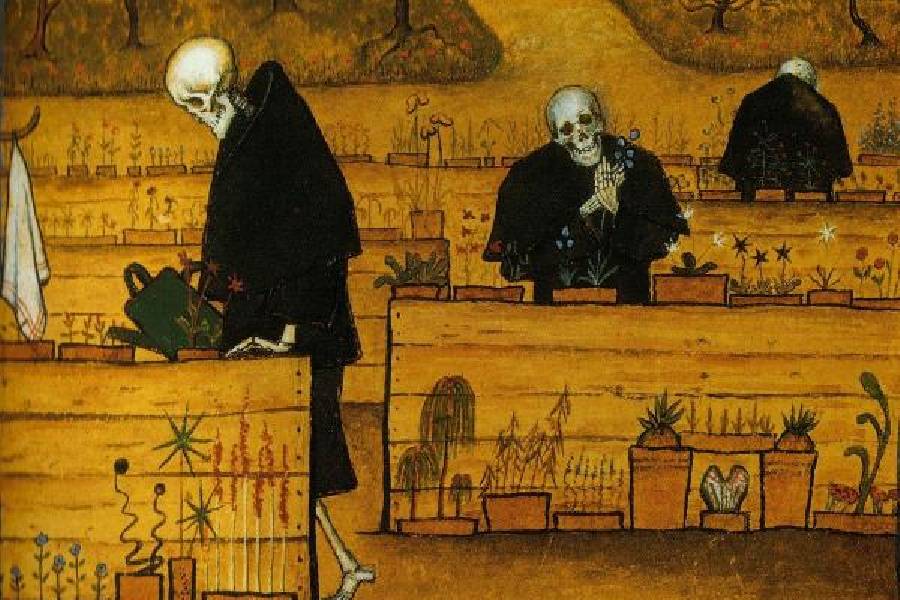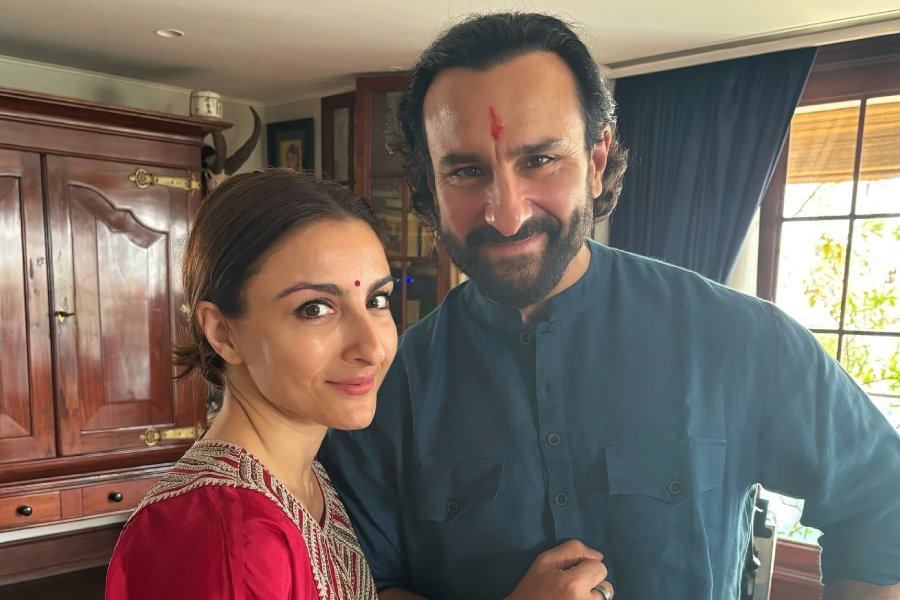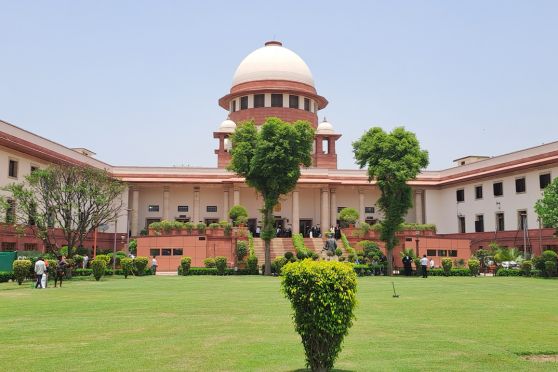Book: The Book Against Death
Author: Elias Canetti
Published by: New Directions
Price: $19.95
There is far too much death around us these days. There was too much death in Elias Canetti’s life, and he did what any right-thinking person does with it: he wrote a book. Or rather, he attempted to write one. The result is a brilliant failure, a set of notes to which Shelley’s phrase, "Ashes and sparks", seems to fit most aptly. It is a collection of insights, some blazing with spiritual power, yet others trivial and muddled.
The text that this book brings to mind most strongly is Earthseed: not Octavia Butler’s novels, but the Book of Earthseed in which Lauren Olamina attempts to outline her new philosophy. There is the same reaching for the ineffable, the same dissatisfaction with things as they are. For instance, he writes, “The fact that the gods can die has only made death more brazen.” But he rarely follows up on these insights. Instead, he’s off chasing another idea. Death seems like a field of butterflies, each one more gnomically significant than the last.
Canetti was a Jew whose family was driven out of Spain in 1492, who narrowly missed experiencing the Holocaust firsthand, a man who meticulously observed the mass deaths of the twentieth century. In this book, beginning in 1942 and ending in 1994 with his own death aged ninety, he catalogues a quixotic battle with death that becomes more and more like a lover’s quarrel. There is no attempt here to separate the abstraction of death from the reality, the genocides, the wars, the illnesses and personal tragedies.
Canetti begins by questioning our urge to count the dead, to turn death into an exercise in statistics. He rightly arraigns this human habit as the root of our abusive relationship with death, one that has gotten worse after he has left us. I wonder what he would have thought of our current casual death-dealing. I think it would have hurt him very profoundly, as it continues to hurt those of us who still think mass killing is unacceptable for any reason.
The last words Canetti writes are a memo to himself. “Without writing I come undone”, he says. “I sense how my life dissolves into dead, dull speculation when I no longer write down what is on my mind. I will try to change that.” But it was death that changed him.
So what are we to make of this book? It is a book against death because of the great love that has gone into it. Scholars, translators, family members have lovingly taken this huge mass of ore and hammered it into this memorial. How pure is the gold? That is the wrong question, for Canetti belonged to his time and place, and for that reason, perhaps, cannot understand Buddhism, for example. But he understood his own time and place very well indeed.
However, the book is also frustrating, because in the end, his mind cannot step out of its own context and see death untrammelled by the overlay of culture. Nevertheless, this book represents the lifelong quest of an exceptional mind to come to grips with final things.











